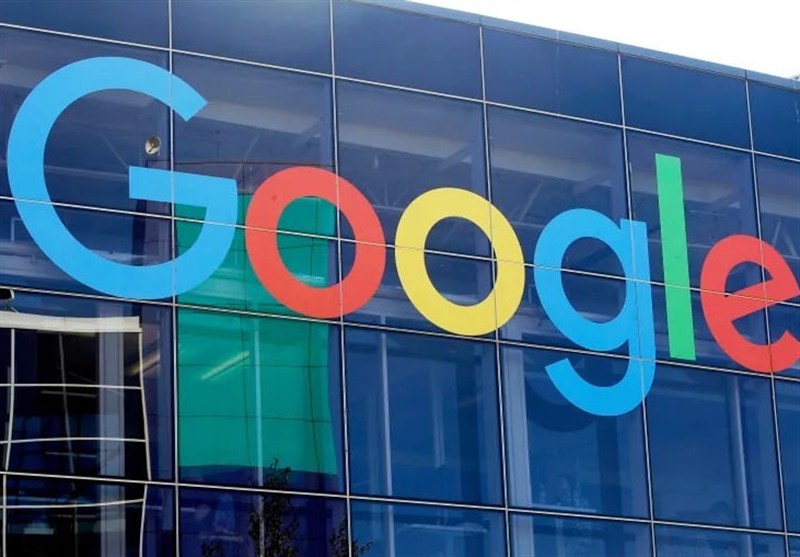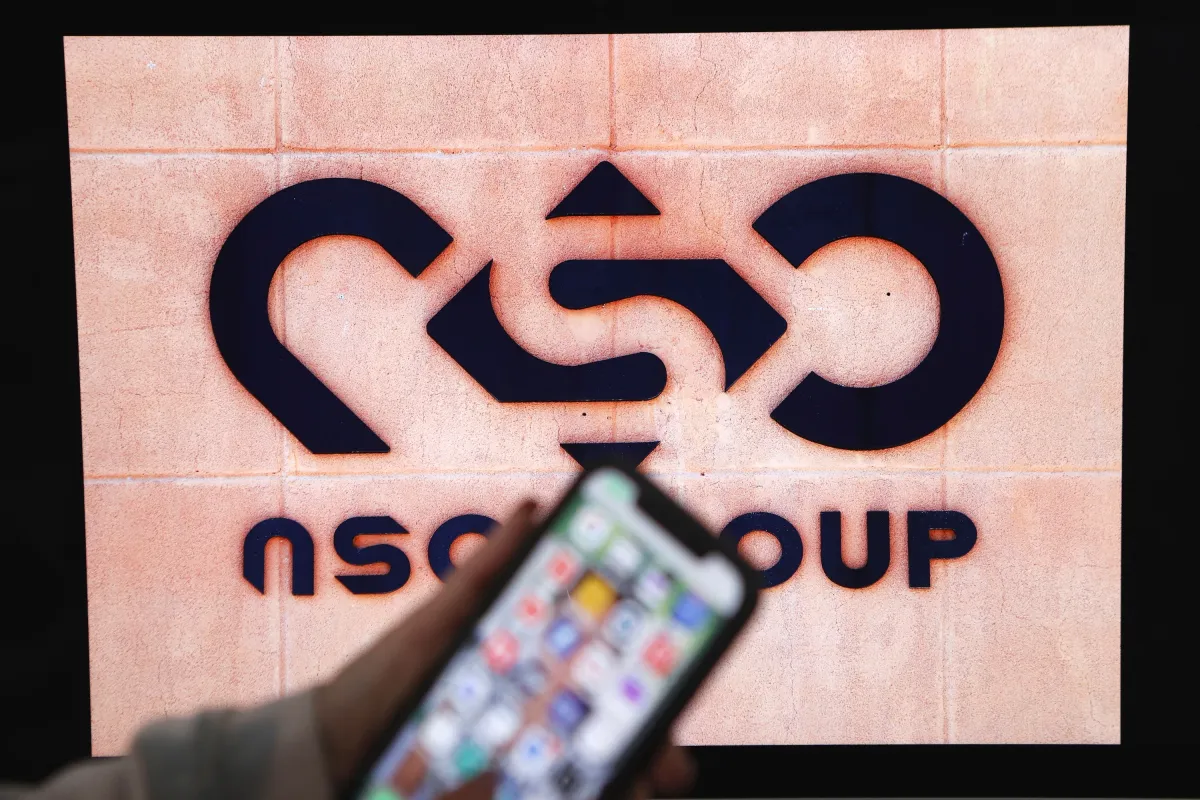Google Ordered to Pay $425 Million in Landmark Privacy Lawsuit
A U.S. federal court has ordered Google to pay $425 million for illegally collecting data from millions of users even after they disabled the company’s “Web & App Activity” tracking feature. The ruling followed a class-action lawsuit representing approximately 98 million users across 174 million devices, who accused Google of violating privacy assurances by continuing to harvest and use their personal information without consent.
The plaintiffs alleged that Google’s data collection extended to hundreds of thousands of smartphone apps, including services from Uber, Lyft, Alibaba, Amazon, Instagram, and Facebook. While the jury found Google liable for two of three privacy violation claims, it determined the company had not acted with “malice.” Google plans to appeal the decision, arguing the ruling “misunderstand[s] how our products work” and insisting its privacy tools “give people control over their data.”
The case, filed in July 2020, initially sought over $31 billion in damages—highlighting the scale of alleged privacy breaches. Google maintains that when users disable tracking, partner services like Google Analytics may still collect anonymized data but do not identify individuals. The verdict underscores growing legal and regulatory scrutiny of tech giants’ data practices, particularly around transparency and user consent.
Separately, Google’s parent company Alphabet saw shares rise 9% this week after a federal judge ruled it would not be forced to sell its Chrome browser amid an antitrust case. Instead, Google must share search data with competitors and avoid exclusive contracts a partial victory in the ongoing battle over its search engine dominance.
The privacy penalty adds to Google’s legal challenges, including a separate antitrust case where it was found to hold a monopoly in advertising technology. These developments reflect escalating pressure on Big Tech to align business practices with evolving privacy expectations and competition laws globally.
Source: BBC
news via inbox
Get the latest updates delivered straight to your inbox. Subscribe now!




